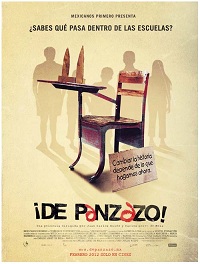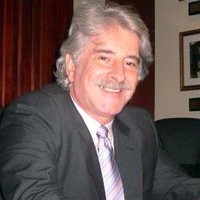AS/COA Online | Mexico Arrests Teachers' Union Boss Elba Esther Gordillo
/The day after Mexican President Enrique Peña Nieto inked broad education reform legislation, his government took another major step in the sphere of Mexican education by arresting the head of the country’s teachers' union. On the evening of February 26, Elba Esther Gordillo was taken into custody for embezzling some $156 million in funds from the Mexican Educational Workers Union (SNTE). In a televised statement last night, Mexican Attorney General Jesús Murillo Karam gave an overview of illicit money transfers and misuse of funds, from transfers to bank accounts in Lichtenstein and Switzerland to big purchases at luxury department stores. “I want to remind everyone that this money came from the savings accounts of education workers, the union, and was used, among other things, to pay a Neiman Marcus credit card for an account that came close to $3 million.”



